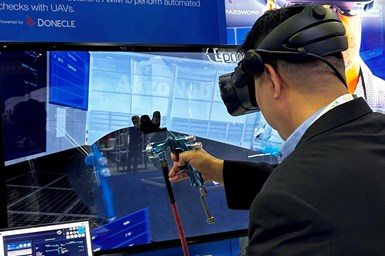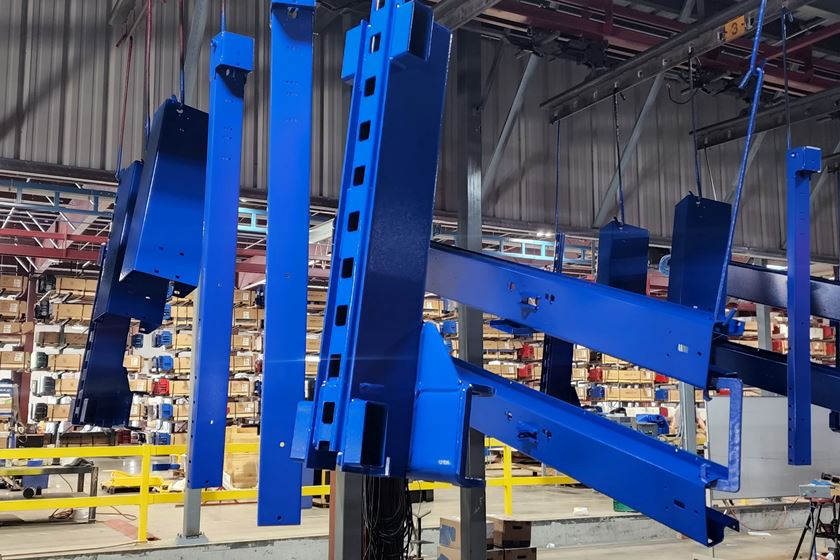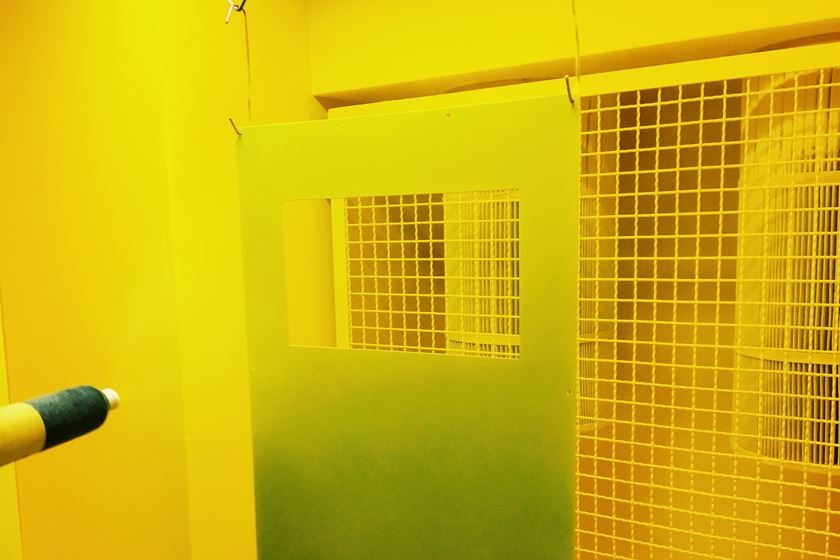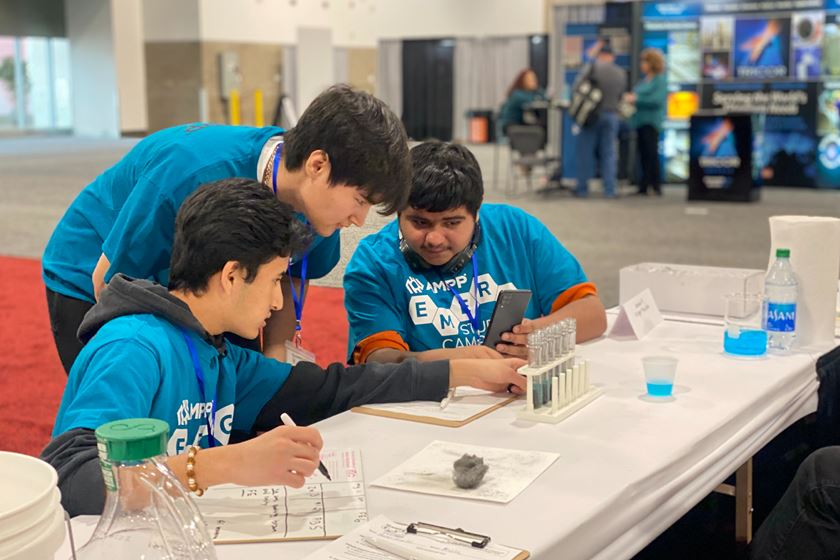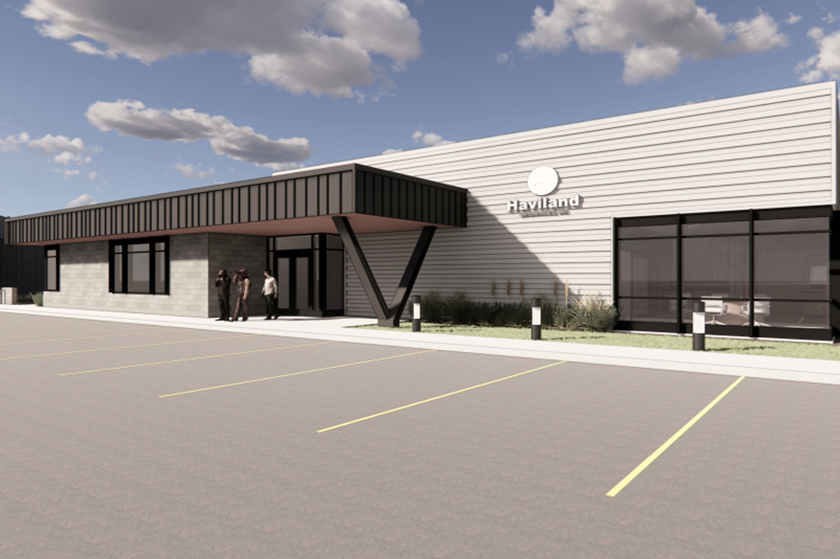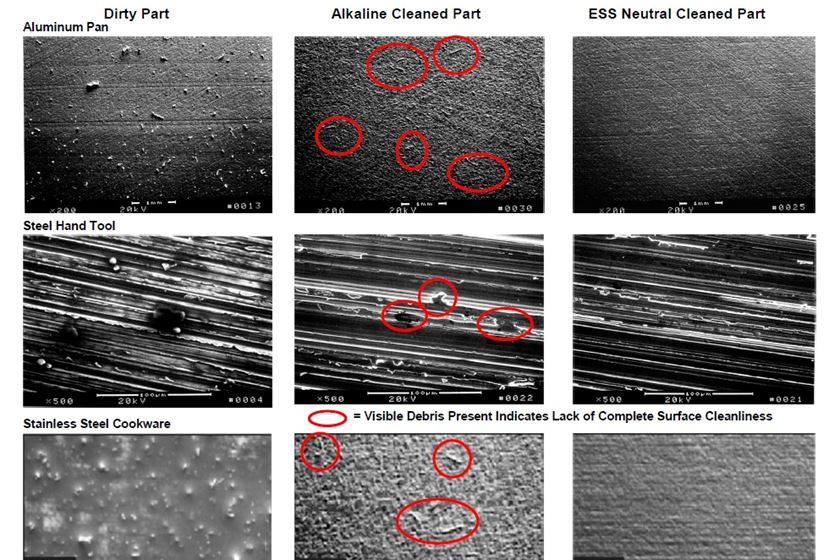AkzoNobel Supports Sustainability With Virtual Reality
AkzoNobel will be showcasing the virtual reality (VR) training system that it developed as part of its Aerofleet training portfolio.
Edited by Hannah Zelinski
AkzoNobel Aerospace Coatings is focusing on the development of virtual reality (VR) technology intended to help maintenance, repair and operations (MRO) specialists to become more efficient and sustainable in the future painting and repainting of aircraft for which they are responsible.
Local teams from AkzoNobel’s Waukegan, Illinois, facility will be inviting visitors to experience the challenges they face in a real-world environment, in a virtual world.
The VR technology — delivered as part of the company’s Aerofleet training portfolio — includes a headset designed to immerse the painter in a virtual paint booth, complete with the aircraft part to be coated. The system can be programmed with various paint specifications, such as the thickness of the coating required. As the operator uses the spray gun, they can see whether too much or too little paint is used and look for inconsistencies in the way the coating is being applied.
The operator’s skills can also be measured, including the distance, angle and speed at which the gun is used. The system shows where runs and sags occur, where the wet film thickness is not sufficient or where the coverage is inadequate to deliver a smooth finish.
The company claims that the technology is not only relevant to trainees, but that it is also a way of further upskilling or refreshing existing painters. A painter may have been using a polyurethane topcoat, for example, and need to switch to a paint with a different specification that may require a higher or lower amount of paint to be applied, and all of this can be programmed into the system to replicate the experience in the spray booth.
Matthew Amick, global technical services manager at AkzoNobel Aerospace Coatings, says the integration of VR into an MRO’s training regimen is an example of how it is supporting its customers. “Typically, when a customer asks for training, we must provide significant quantities of paint, much of which is wasted. By effectively moving the spray booth into the classroom, we completely eliminate waste, reduce costs and unnecessary shipping and prevent VOCs [volatile organic compounds] from being released.”
He adds that there are no costs or time associated with cleaning the spray guns, or the additional VOCs released from the solvents required, or in providing the panels needed for wet paint training. With VR, customers can train more painters more quickly, and enable them to make mistakes without incurring high costs for scrap and rework.


